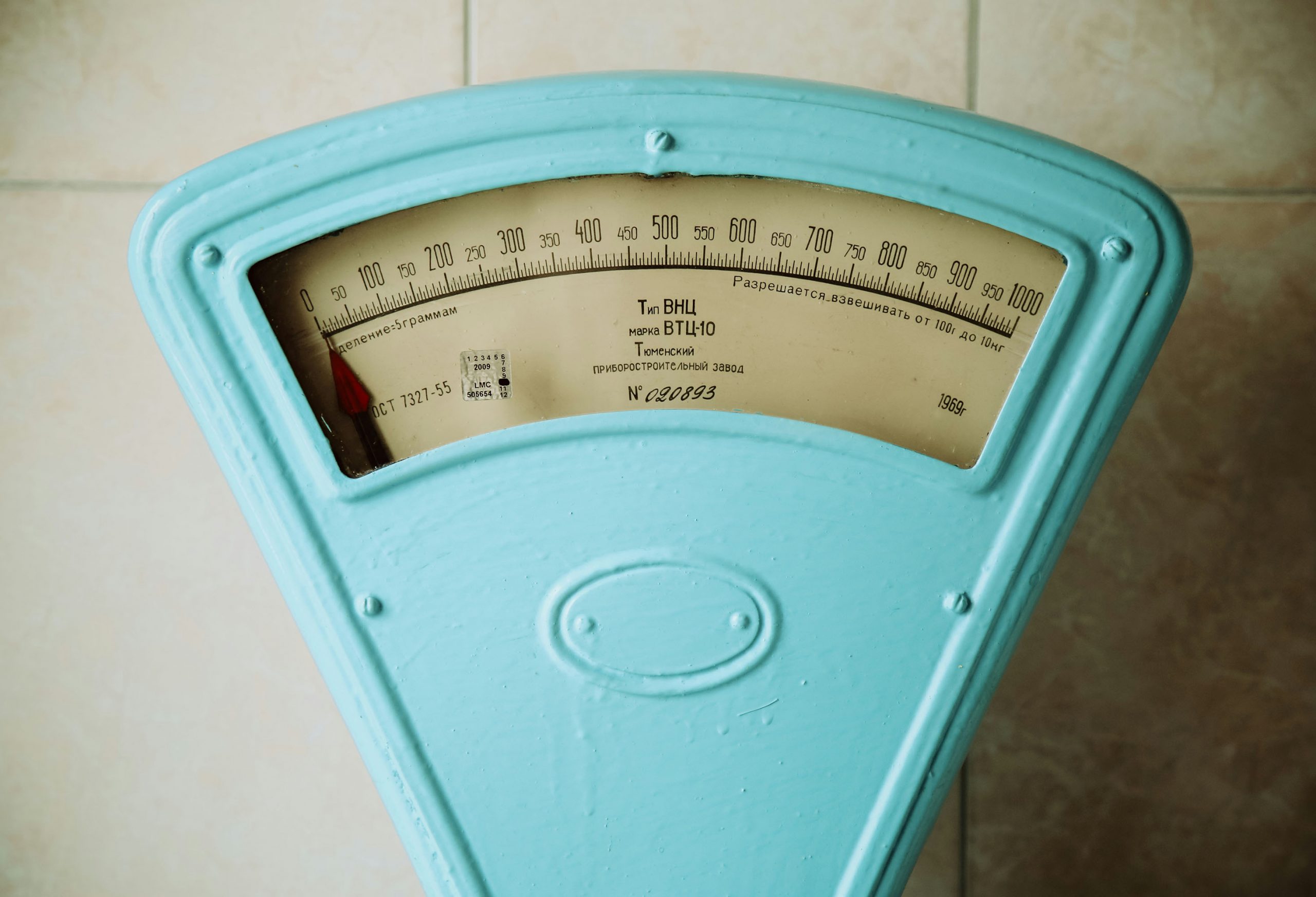People are quick to equate cold-water therapy with weight loss. We turned to the experts to tackle the myths around it
People often assume, like many wellness practices, cold plunging drops pounds and jumps on the trend hoping for a quick fat-burning fix.
Does cold-water therapy help you lose weight? Does cold burn belly fat? How many calories does a three-minute cold plunge burn? These are all commonly searched questions.
Sure, it would be more time-efficient to cold plunge for two minutes than run five kilometres, but assuming these activities have the same energy output and weight loss results is wishful thinking. How does weight loss work in terms of burning calories anyway? This is where ‘brown fat’ enters the discussion.
What is brown fat and how does it work?
Not all fat is the same. Fat in the human body is composed of three different types of cells: white, brown and beige. Brown fat, also called brown adipose tissue, is a type of body tissue that keeps you warm in the cold.
Jack Hudson, author of the book Cold Water and co-founder of The Wild Swimming Brothers, an events and arts platform dedicated to wild swimming explains: “Brown fat is activated when you routinely enter cold environments. It stores energy and enables your body to burn calories more efficiently. The more you expose yourself to this icy discomfort the more of these helpful cells you can recruit over time.”
Experts like Dr. Chris Minson, a member of the American Physiological Society, suggest that exposure to cold water reduces unhealthy body fat. It does this by changing it to the more metabolically active brown adipose tissue. Clarifying the relation between brown fat and cold-water immersion, Jack said: “When you swim, blood flow increases to your muscles and stored fat is burned to enable you to expend more energy. Brown fat helps to regulate your body heat, glucose and fat metabolism.”
When the body’s core temperature plummets, it must find alternative ways to keep warm. Mechanically, we shiver, burning glucose and fat molecules to produce heat. Metabolically, brown, energy-dense fat fuels the body’s furnace.
In terms of colourisation, you might be wondering (as I was) if brown fat is actually brown. The answer is yes. Like all fat cells, brown fat is made up of tiny molecules consisting of glycerol and fatty acids. According to The Cleveland Clinic, a multispecialty academic medical centre, brown fat is “a small, brown, lumpy oval”. It is brown because the fat cells are full of mitochondria, which are made up of iron giving a brown colour.
Lean people with a lower body mass index, like athletes, have more brown fat in their bodies than others. So it is easy to see where the link between brown fat and weight loss comes from.
The experts weigh in
It’s safe to say there’s a mixed bag of opinions and assumptions out there. Professor of Human & Applied Physiology and editor-in-chief of Experimental Physiology Mike Tipton MBE said: “One of my bugbears is when I read about people saying ‘Cold water immersion is good for weight loss'”. He explains that instead, exercise is “good for weight loss”. He recommends going for a walk over swimming because, he believes, the best exercise you can do is one in which you have to support your own body weight, whereas you become weightless in water.
Jack agrees that cold-water therapy isn’t a “cure-all” for weight loss. However, he said: “It can be effective because you do burn calories during a cold plunge, but not as much as other exercises like running. Your body uses stem cells to create brown fat, which is metabolically active. Then they oxidise the white fat tissues in your body and this helps to burn stubborn fat.” The term ‘stubborn fat’ refers to the visible fat that sits under your skin rather than attaching to internal organs.
Mike says the main benefits from cold-water therapy are more around mental wellbeing than physical. A positive mindset can be the catalyst on a weight loss journey, as proven by leading UK psychologist specialising in weight management and long-term health Dr. Aria Campbell-Danesh, whose research shows that a positive attitude translates to better physical health.
The bottom line?
Cold-water immersion is not the magic answer to dropping the pounds. Relying on any one method, including cold-water immersion, to lose weight is not viable. Ultimately, weight loss is the result of a combination of lifestyle adjustments. Yes, cold exposure can play a small part in contributing to a healthy lifestyle. It can get you moving your body outdoors and boost your mental health. But there are many other factors at play including diet, activity and stress levels.
The most sustainable way to maintain a healthy body weight is by eating a balanced, nutritious diet, getting adequate movement and doing things that provide some good old TLC for the mind, which might in fact be cold-water therapy.

